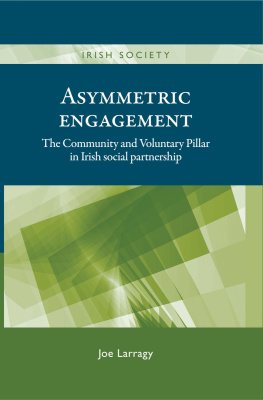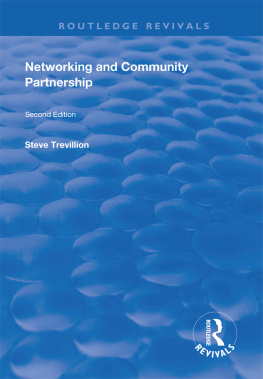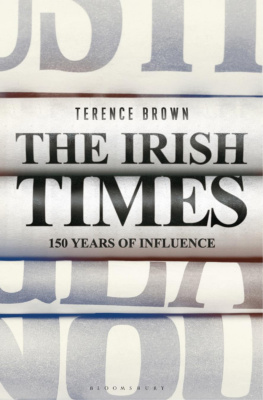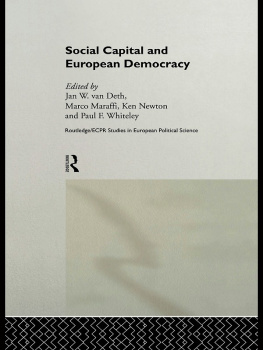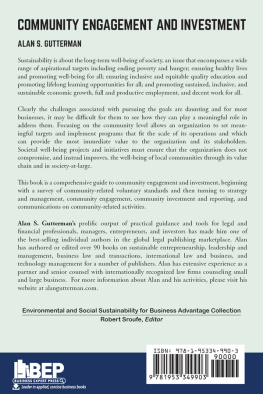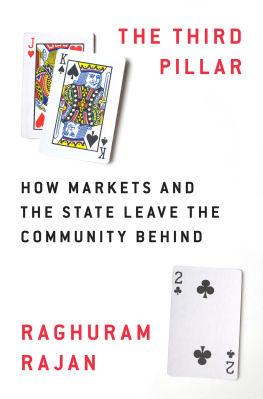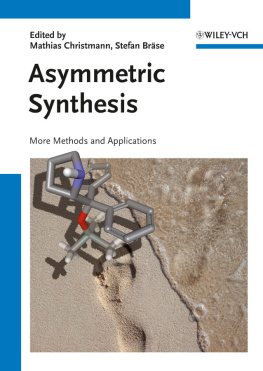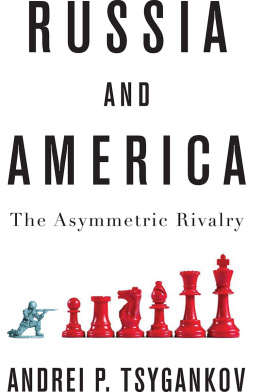ASYMMETRIC ENGAGEMENT
IRISH SOCIETY
The Irish Society series provides a critical, interdisciplinary and in-depth analysis of Ireland that reveals the processes and forces shaping social, economic, cultural and political life, and their outcomes for communities and social groups. The books seek to understand the evolution of social, economic and spatial relations from a broad range of perspectives, and explore the challenges facing Irish society in the future given present conditions and policy instruments.
SERIES EDITOR
Rob Kitchin
ALREADY PUBLISHED
Public private partnerships in Ireland: Failed experiment or the way forward for the state? Rory Hearne
Migrations: Ireland in a global world
Edited by Mary Gilmartin and Allen White
The domestic, moral and political economies of post-Celtic tiger Ireland:
What rough beast? Kieran Keohane and Carmen Kuhling
Challenging times, challenging administration:
The role of public administration in producing social justice in Ireland
Chris McInerney
Management and gender in higher education
Pat OConnor
ASYMMETRIC ENGAGEMENT
The Community and Voluntary Pillar in Irish social partnership
Joe Larragy
MANCHESTER UNIVERSITY PRESS
Manchester and New York
distributed in the United States exclusively
by Palgrave Macmillan
Copyright Joe Larragy 2014
The right of Joe Larragy to be identified as the author of this work has been asserted by him in accordance with the Copyright, Designs and Patents Act 1988.
Published by Manchester University Press
Oxford Road, Manchester M13 9NR, UK
and Room 400, 175 Fifth Avenue, New York, NY 10010, USA
www.manchesteruniversitypress.co.uk
Distributed in the United States exclusively by
Palgrave Macmillan, 175 Fifth Avenue, New York,
NY 10010, USA
Distributed in Canada exclusively by
UBC Press, University of British Columbia, 2029 West Mall, Vancouver, BC, Canada V6T 1Z2
British Library Cataloguing-in-Publication Data
A catalogue record for this book is available from the British Library
Library of Congress Cataloging-in-Publication Data applied for
ISBN 978 0 7190 8650 2
First published 2014
The publisher has no responsibility for the persistence or accuracy of URLs for any external or third-party internet websites referred to in this book, and does not guarantee that any content on such websites is, or will remain, accurate or appropriate.
Typeset in Minion by
Servis Filmsetting Ltd, Stockport, Cheshire
Tables and figures
Tables
Figures
Preface
With the unfolding of the international economic contraction since 2008, which has been particularly damaging in Ireland, there has been an understandable focus on grasping the nature and causes of this great calamity. The nature of the crisis in Ireland has been the subject of several contributions from varying perspectives (Kinsella and Leddin ).
The present study, therefore, is concerned with the institutions of social partnership from another perspective. Liberal democratic societies are in an era of transition due to the changed landscape brought about by the collapse of Communism, and global economic integration of national economies. This has thrown up major questions about the role and shape of democracy in the face of the global movement of capital, particularly for democratic polities constituted at the national level. Conventional models of liberal democracy at the national level are threatened by the erosion of the tools Keynesian demand management developed to underpin the long post-war boom. Restructuring of employment and the division of labour internationally undermine the political balance of power between traditional class interests of labour and capital which also underpinned the post-war welfare state. Crouch () have sought to explore new models for the rejuvenation of democracy against the seeming inevitability of neo-liberalism.
Whereas these writers and others have contributed to the re-elaboration of theory, case studies of innovative models of democratic consultation or participation are hard to come by. What the present study seeks to do, therefore, is present a living example of a form of negotiated and participative governance that emerged in fact before it was satisfactorily theorised. A book dealing with the Community and Voluntary Pillar, a novel aspect of Irelands social partnership model, could be viewed simply as esoteric social history. But it is much more than that. It is a long overdue account of a significant part of Irish civil society, and its interactions with the state and policy-making processes, that has been missing up to now. It is all the more important to provide this analysis now because, in the throes of the crisis, as social partnership is swept away as an inconvenient institution, it is vital that it is evaluated with clarity and assessed in a balanced and concrete way, and as freely as possible from the refracted light of recent events.
In view of the rapidity with which social partnership has been dismantled, researchers will inevitably be asking why, when social partnership was resorted to in the context of a fiscal crisis in the 1980s, the opposite is happening now. For some, the answer may seem simply that it is the wrong solution right now because decisive action to restore economic order is of the essence, and once the electorate has provided a mandate, the government should have a free hand.
But this misses an important point: in the Irish context, social partnership was instituted not at the outset of a crisis in the 1980s but following many years of political uncertainty and increasing disillusionment with politics within the demos. Currently, there is a determination among the main political parties in Ireland to take decisive action, albeit under the terms set out by the International Monetary Fund and European Central Bank. The politics of decisive government is only as sustainable as the popular mandate for the government. If this basis erodes, the choices between mandated government and negotiated governance might give way to starker choices between coercion and consent. All of this makes it important to understand what we can from our recent past, about the modalities of social partnership, and the potential and limitations of such modalities in the face of an uncertain future.
Acknowledgements
I owe a debt of gratitude to many people who in one way or another contributed to this work. Firstly, I am grateful to all of the respondents who gave generously of their time in interviews, and who are listed in the text. I have also benefited from the co-operation of several organisations which supplied information and documentation. My interest in this topic emerged while I worked at the National Economic and Social Council in the 1990s. I value the experience of working there and the wisdom shared by colleagues on this subject. The book started as a doctoral thesis at University College Dublin. I had the pleasure of working under the supervision of Geoffrey Cook, whose enthusiasm never flagged, even when my own did. In the doctoral phase of the books evolution, I enjoyed strong collegial relations at NUI Maynooth where I worked on this project, and appreciate the comments from and conversations with Seamus OCinnide, Anastasia Crickley, Sean Riain and Maurice Devlin, each of whom took the time to read draft chapters of the work as it progressed. Seamus Taylor, in particular, read a full draft and provided perceptive critical feedback. I especially wish to thank Bill Roche of UCD for his prescient comments, advice and encouragement at critical stages of the work; I had very enjoyable and stimulating discussions with Adam Larragy too. I also value the comments and encouragement of Michelle Norris, Lars Mjset and Freda Donoghue. As the project moved from being a thesis to a book, I have benefited greatly from the very thorough and encouraging assessment of an anonymous reviewer. Also, some of the original respondents and a handful of others have read drafts and offered constructive feedback and encouragement. I hope that the book has become clearer in the process. Most of all, I wish to thank my wife Maura for her love, support and intellectual companionship, my daughters, Anna and Sarah, for their patience and good humour, and my mother Rosanna for all her prayers throughout: I thank you I thank you all. Needless to say, I take sole responsibility for the views expressed and for any remaining factual errors, blemishes or infelicities.


